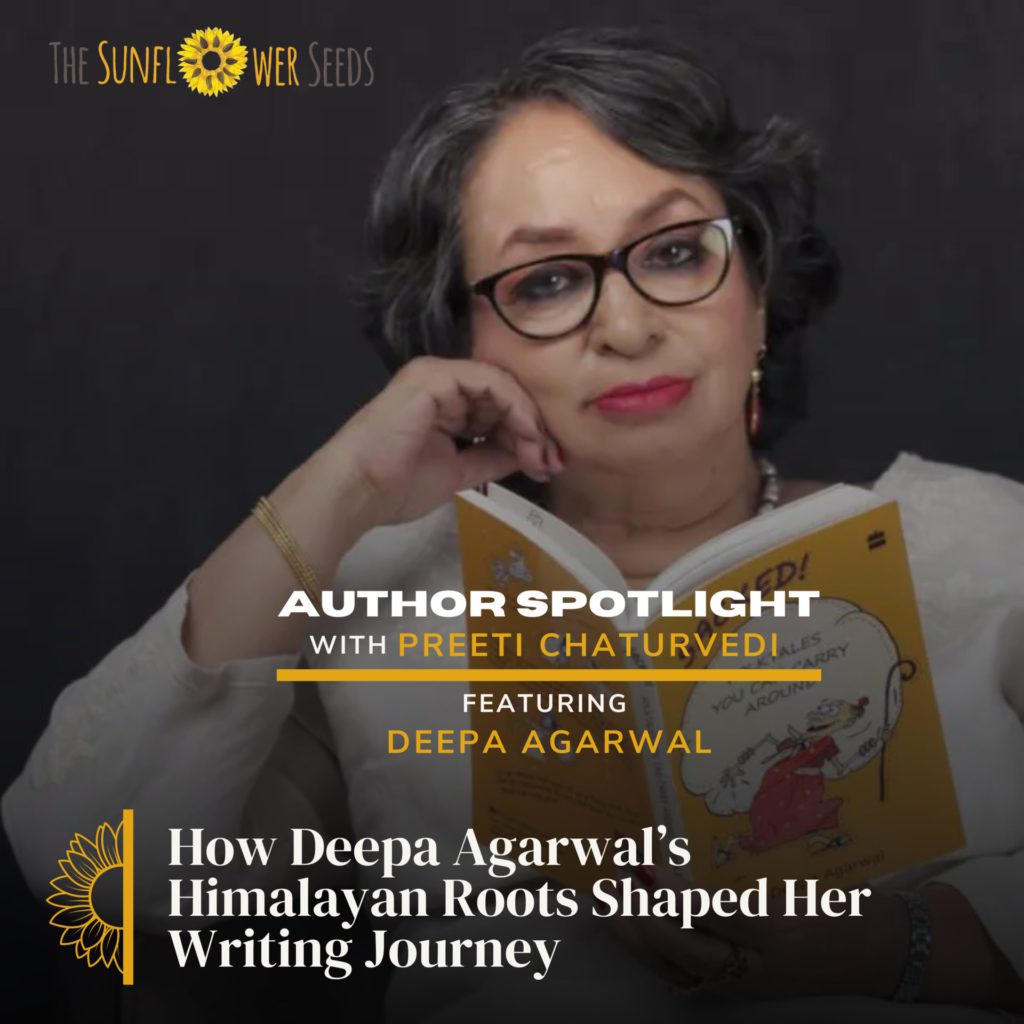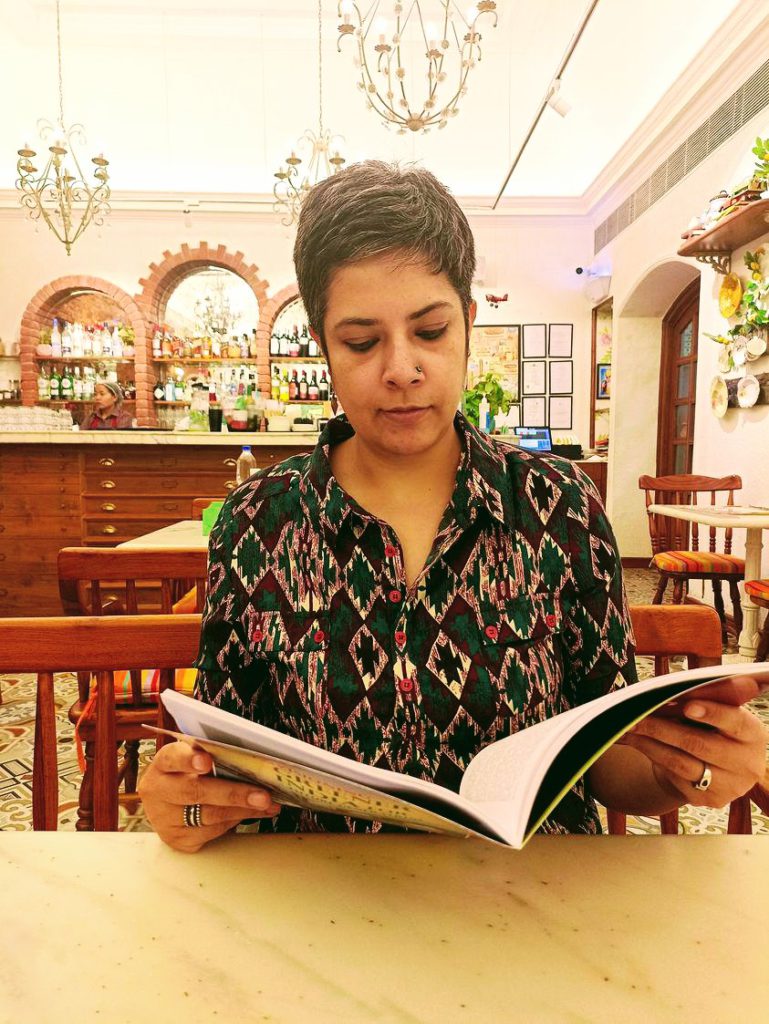The author of a boldly titled “Batshit”, Kritika Kapoor has set a high standard with her debut.
Having had over a decade-long career at Times of India, Kapoor spent 4 of those years writing for Delhi Times. Having written about Delhi for so long, and being a Delhi girl herself, it’s no surprise ‘Batshit’, her debut novel, is set in Delhi as well. The book highlights the shallow concerns of South Delhi society and it’s repercussions on one’s mental health in a dark book about a girl and her demon. She is currently Editorial Lead with Atom EI.
In this interview, she talks about her writing as a novelist:
How did your debut come to you?
The basic idea of Batshit came to me several years ago. I wanted to look at diet culture, the beauty complex, marriage pressure, the complex mother-daughter dynamic – all through the lens of a demonic possession. The idea was to capture this pressure that all the millennial women I know have faced – to be this perfect idealized version of a woman. Someone pretty, skinny, successful – but not so successful that you forget to find a husband or have babies before 30! At the same time, if you act like you care too much about wanting things like a hot body or a husband, you’re dismissed as shallow, weak or a bad feminist. The whole thing is absurd, and I wanted to present it in the same absurdist way.
It’s such a unique genre and a tricky one to get right. What did you find hardest about it and how did you work on that?
Honestly, when I was writing Batshit, I didn’t even know I was writing a horror novel. I thought I was writing a psychological thriller. However, I knew I wanted it to be scary, especially when things go off the rails. So I didn’t follow any rules of the genre – which I think is a good thing, because Batshit isn’t frightening in the formulaic way. The horror comes more from the surprise element or the psychology of the characters.I guess the hardest thing was keeping the settings and the horror elements urban and subtle. Also, I didn’t want to resort to horror cliches. The best way to do that was to think from the characters’ POV – how would a South Delhi woman or her family and other people around her react to claims of her being possessed? They’d probably prefer a psychiatrist over a tantric, so there was also a fair amount of psychological research involved on my part. It also couldn’t be The Exorcist – instead, the settings were steeped in normality, so that you underestimate all the characters and where the book will go.
Your book is short, though it contains a lot. Was that intentional or edited for pacing?
The book is definitely meant to be a fast-paced rollercoaster ride. I deliberately meant for it to start out at a sweet-ish pace, before it starts gaining momentum and suddenly plunges into the batshit. I hope the whole thing – and especially the end – feels like whiplash.
Can you give tips for pacing a plot?
I love a book that:
a) takes the time to get me invested in the settings, the characters, and their emotional battles and,
b) keeps me guessing.
The best-paced horror or suspense plot for me is one that has me tearing my hair out till the very end. You have to know what to withhold and what to reveal at the right time. One can play with their narrative style (like an unreliable narrator or an epistolary format), or the setup (an environment that’s dark and gothic, or a little-too-perfect, or slightly off-kilter), or by throwing a bunch of unanswered questions, foreshadow-y elements and secrets at the readers (and slowly giving the answers in the end). I am also a big fan of twists – but not too many twists because then it may feel too contrived.
Your book has been reviewed as feminist, was that intentional? How do you suggest writers get in messages without seeming preachy?
Yes, it definitely is. It addresses issues specifically faced by women – especially millennial urban women. Having said that, Pia is no feminist hero! She is deliberately flawed and unreliable to heighten the absurdity of society’s demands from women. I think horror is the best way to get a message across, without getting preachy. Why write a long sermon, when you can use monsters and vivid imagery and batshit characters to get your point across?!
Who are your favourite authors and how have they influenced your writing?
There are literally too many to count, but Sylvia Plath and Toni Morrison are definitely my GOAT. I also love Gillian Flynn, Mona Awad, Ottessa Moshfegh and Eliza Clark. They have all influenced me in different ways – mostly through their unique voices and dark yet layered women characters.
What can we look forward to seeing next from you?
Next, I am working on a horror/psychological thriller that looks at women’s unending obsession with bad boys and toxic romances.





